Volvo Penta D4-300: The Advanced 300hp Marine Diesel Powerhouse
State-of-the-art engineering delivers exceptional performance, smooth operation, and intelligent power management.
Introduction
[Image: A powerful, professional shot of the Volvo Penta D4-300 engine, showcasing its robust yet compact design and the distinctive yellow valve cover.]
Image Caption: The Volvo Penta D4-300 represents the pinnacle of mid-range marine diesel performance, combining robust power with sophisticated electronic control systems.
When performance, refinement, and reliability are non-negotiable, the Volvo Penta D4-300 300hp marine diesel engine stands as a benchmark in its class. This advanced powerplant embodies Volvo Penta’s commitment to engineering excellence, delivering robust power in a compact package while maintaining the quiet, smooth operation that defines modern marine propulsion. At Wave Inboard Motors, our extensive experience with the D4-300 comes from numerous 【Marine Engine Installation Services】 for performance yachts and sportfish boats where its perfect balance of power and refinement consistently exceeds expectations.
The D4-300 is engineered for demanding applications where both power and packaging matter. It serves as an ideal powerplant for performance yachts, sportfish boats, and express cruisers in the 35- to 50-foot range. Its advanced common rail fuel injection with twin-stage turbocharging delivers immediate throttle response, exceptional fuel economy across the entire power band, and remarkably low noise and vibration levels – a significant upgrade from older, less sophisticated engine designs.
For owners considering a marine diesel repower, the D4-300 often represents the sweet spot between performance and practicality. Its ability to deliver substantial power while maintaining compact dimensions makes it a versatile choice we frequently recommend in our 【Marine Engine Repowering Solutions】. To understand the full scope of such an investment, we recommend our guide 【Calculating the True Cost of a Marine Repower】.
Technical Specifications Table
| Specification | Detail |
|---|---|
| Model | Volvo Penta D4-300 |
| Engine Type | 4-Cylinder, 4-Stroke, Twin-Turbocharged & Aftercooled, Common Rail Diesel |
| Displacement | 3.7 L |
| Max Output | 300 HP (221 kW) @ 3500 – 3900 RPM |
| Peak Torque | 516 lb-ft (700 Nm) @ 2000 – 2500 RPM |
| Bore x Stroke | 103 mm x 110 mm |
| Compression Ratio | 17.5:1 |
| Cooling System | Freshwater Heat Exchanger |
| Starting System | 12V Electric Start |
| Alternator Output | 12V, 115A (Dual 115A optional) |
| Dry Weight | Approx. 1080 lbs (490 kg) |
| Dimensions (LxWxH) | Approx. 45.3″ x 29.3″ x 32.3″ (1151mm x 744mm x 820mm) |
| Gear Ratio Options | Integrated VP MS4A (1.97:1) |
Competitor Comparison Table
| Feature | Volvo Penta D4-300 | Yanmar 6LY3-ETP | Cummins QSB6.7-300 |
|---|---|---|---|
| Engine Type | Inline-4, Twin-Turbo, Common Rail | Inline-6, Electronic Injection | Inline-6, Common Rail |
| Power & Torque | 300hp, Excellent Torque Curve | 300hp, Good Torque | 300hp, High Torque |
| Weight | 1080 lbs | 1285 lbs | 1190 lbs |
| Packaging | Excellent (Compact Inline-4) | Good | Less Compact |
| Smoothness | Exceptionally Smooth | Smooth | Smooth |
| Key Differentiator | Best Power-to-Weight & Refinement | Proven Inline-6 Design | Industrial Durability |
Verdict: The Volvo Penta D4-300’s compelling advantage is its exceptional power-to-weight ratio combined with sophisticated twin-turbo technology. While the Yanmar 6LY3 and Cummins QSB6.7 offer proven inline-6 configurations, the D4-300 delivers comparable power in a significantly more compact and lighter package, making it ideal for performance applications where weight distribution and space utilization are critical. For a detailed analysis, our article 【Yanmar vs. Volvo Penta vs. Vetus: Choosing a Premium Marine Diesel】 provides a comprehensive comparison.
Replacement Options Table
| Option | Major Overhaul of Older Engine | Repower with Volvo Penta D4-300 | Repower with Larger Inline-6 |
|---|---|---|---|
| Condition | “Zero-Hour” but Outdated | Brand New, State-of-the-Art | Brand New, Modern Technology |
| Warranty | Limited (on workmanship) | Full Volvo Penta Factory Warranty | Full Manufacturer Warranty |
| Performance | Restored to Original | Superior Power & Efficiency | Comparable Performance |
| Weight Impact | None | Significant Weight Savings | Potential Weight Increase |
| Project Value | Minimal Increase | Maximum Performance Upgrade | Significant Value Increase |
Expert Recommendation: For performance-oriented vessels where optimal weight distribution directly impacts speed and handling, the Volvo Penta D4-300 represents an outstanding investment. The significant weight savings compared to larger six-cylinder engines can dramatically improve boat trim, acceleration, and fuel efficiency. Before proceeding, a 【Marine Engine Diagnostic Service】 is essential to assess your vessel’s structural readiness and fuel system compatibility with this advanced powerplant.
Pros and Cons Table
| Pros | Cons |
|---|---|
| Exceptional Power-to-Weight Ratio | Premium Purchase Price |
| Advanced Twin-Turbo Technology | Proprietary EVC System Requires Dealer Diagnostics |
| Extremely Compact Dimensions | Higher Parts Cost vs. Some Competitors |
| Superior Fuel Efficiency | Requires Pristine Fuel for Common Rail System |
| Seamless EVC Integration |
Frequently Asked Questions (FAQ)
Q1: How does the twin-turbo system benefit marine applications?
A: The sequential twin-turbo system uses a small turbo for instant low-RPM response and a larger turbo for high-RPM power. This creates an exceptionally broad, flat torque curve that provides strong acceleration from low speeds and maintains power through the entire RPM range – perfect for planing hulls and quick maneuvering.
Q2: Is the D4-300 suitable for twin-engine installations?
A: Absolutely. The D4-300 is an excellent choice for twin-engine setups, particularly in performance yachts and sportfish boats where the combined 600hp provides substantial power while the compact dimensions allow for better engine room layout and service accessibility.
Q3: What maintenance considerations are unique to the D4-300?
A: The advanced common rail system demands absolute fuel purity. Water or contaminants can cause catastrophic damage to the high-pressure pump and injectors. Regular 【Scheduled Marine Diesel Maintenance】 using genuine Volvo Penta filters is crucial for long-term reliability.
Q4: Can the D4-300 be paired with pod drives?
A: Yes, the D4-300 is compatible with Volvo Penta’s 【Benefits of Volvo Penta IPS Pod Drives】 when properly configured. This combination creates an exceptional performance and maneuverability package for modern motor yachts.
Q5: How does the D4-300 compare to the D6-400 in real-world performance?
A: While the D6-400 offers more peak power, the D4-300’s lighter weight and compact size often result in better power-to-weight ratios in medium-sized vessels. For many applications in the 40-foot range, the D4-300 provides ample power with significant weight and space savings.


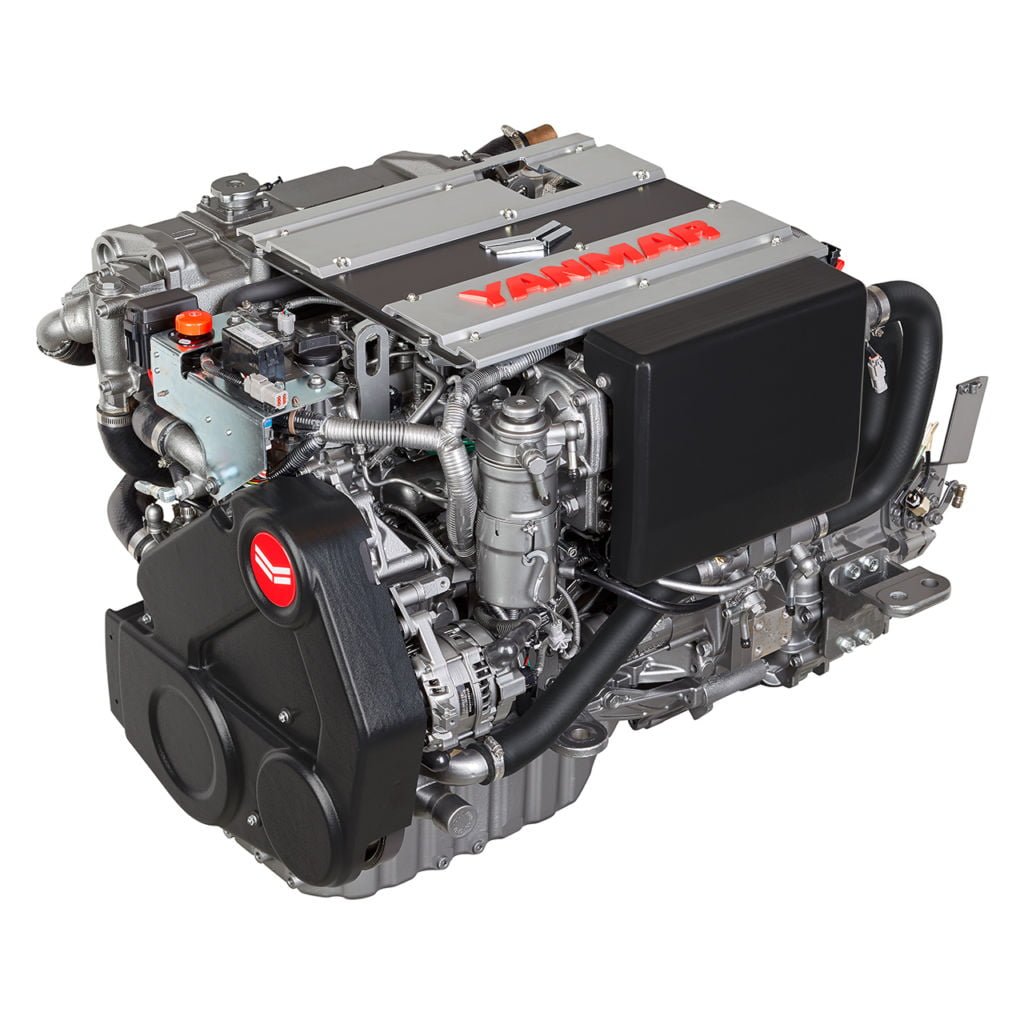
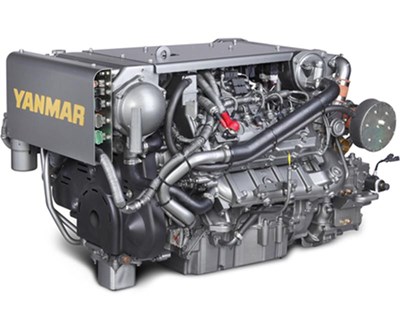
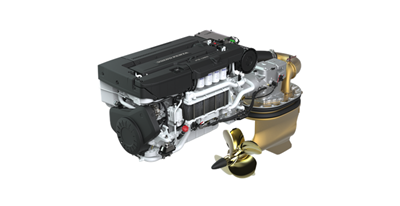
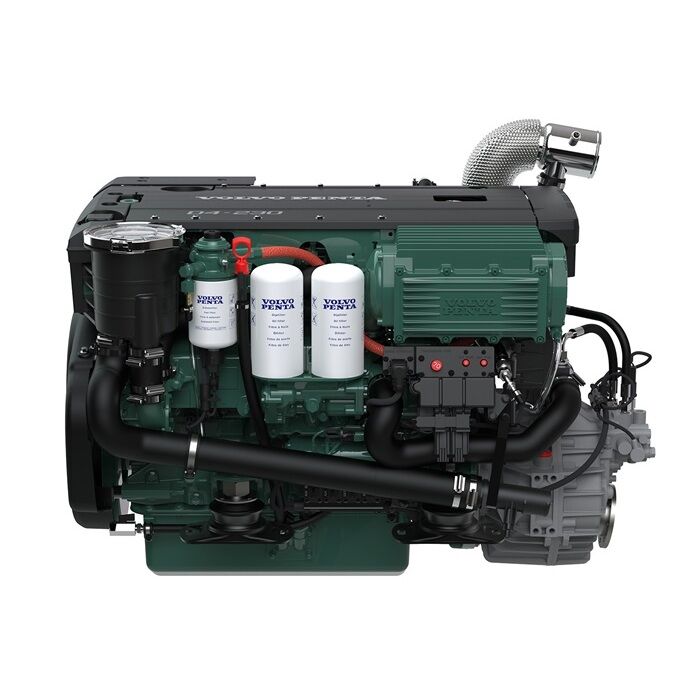
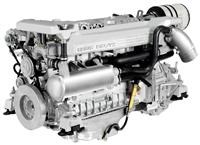
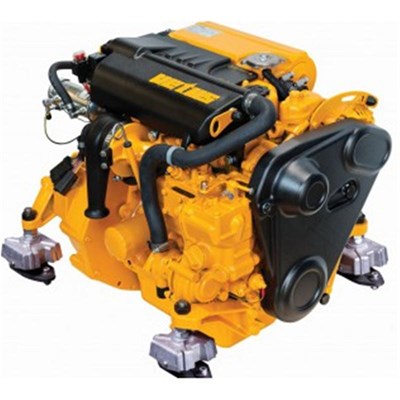
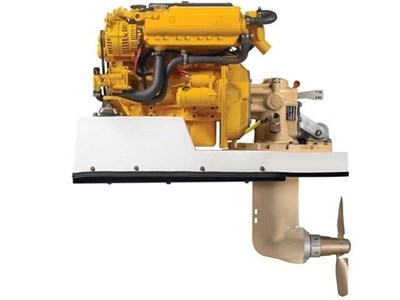
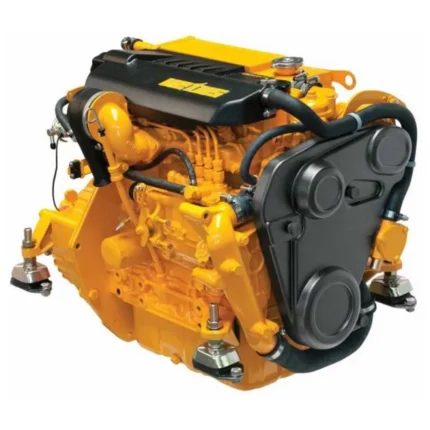
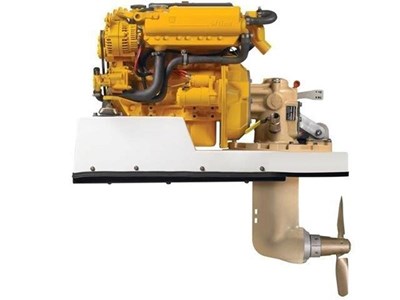
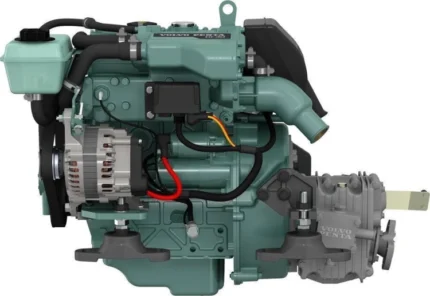
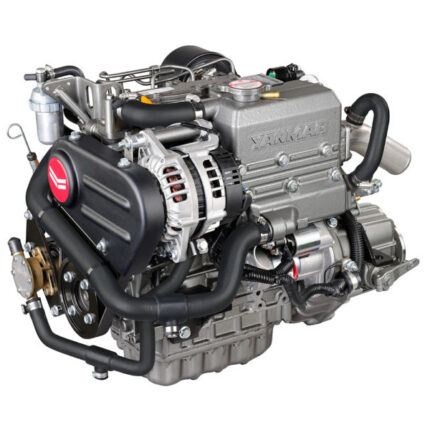
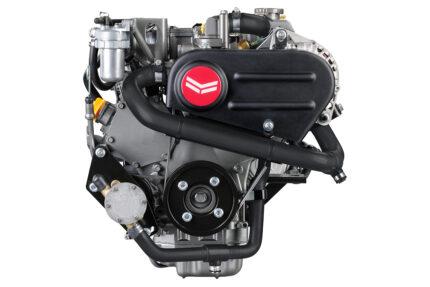
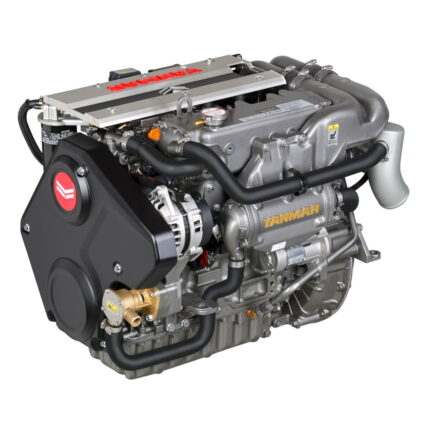
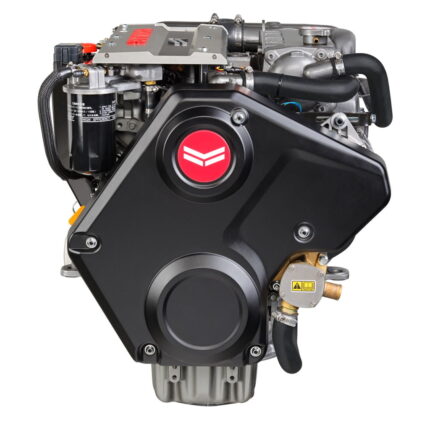









Reviews
There are no reviews yet.